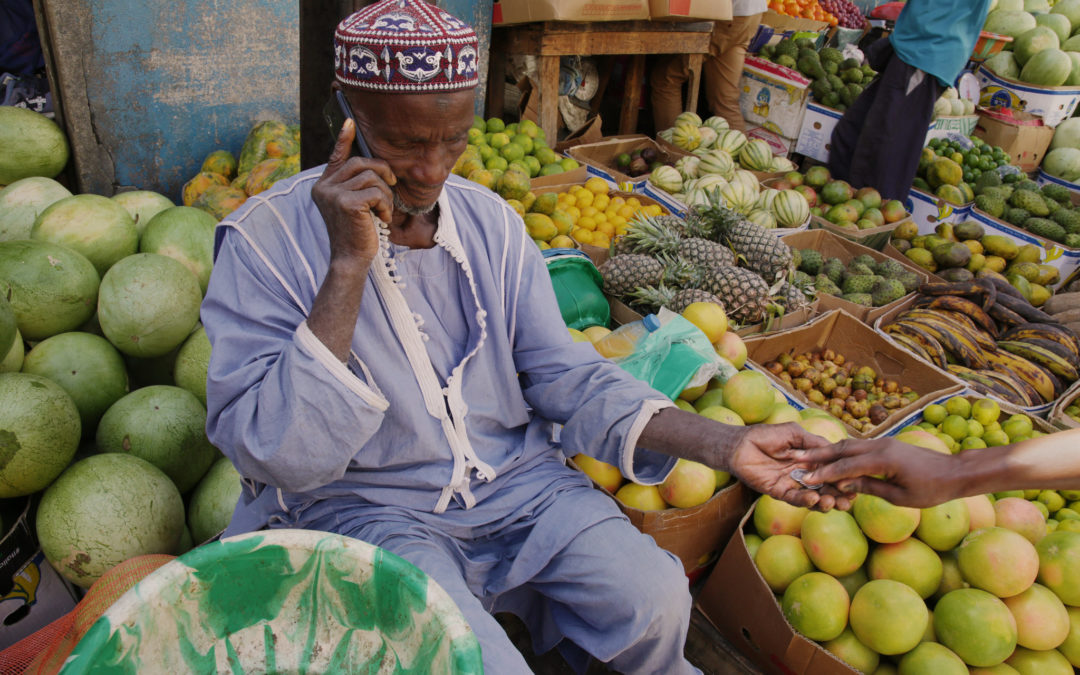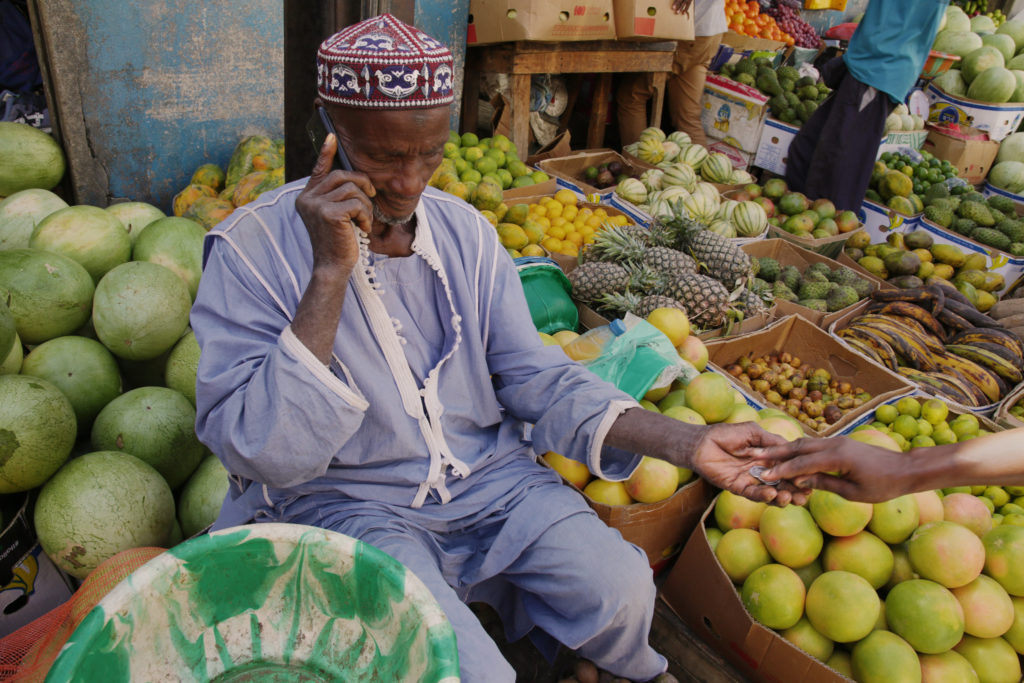CGIAR awards 100K in Rapid Response Grants to digital innovations tackling COVID-19 impacts
Additional funding will help three innovative projects roll out digitally-enabled, data-driven responses to food security challenges presented by the COVID-19 crisis.
The Platform’s Rapid Response Grant application process was made available to current or previous Inspire Challenge winners to build on their learnings as pilot or scale-up projects and leverage their innovative, data-driven designs to respond to the situation with agility.
Since its inception in 2017, the Inspire Challenge has teamed up food security researchers from CGIAR with external partners—governments, small startups, other research organizations, and more—to target digital innovation in agriculture and apply it towards solving complex food system challenges across the globe.
“Through the grants, we want to mobilize our on-the-ground, active, digital projects to diagnose, predict, and respond to the food security challenges that are unfolding,” said Coordinator of the BIG DATA Platform, Brian King. “We believe these teams’ demonstrated innovation and on-the-ground projects are the place to turn for quick responses to COVID-19 and the challenges it brings.”
The three Rapid Response winning projects:
Eyes on the ground for agricultural microcredit
COVID-19 is an existential threat for microfinance, which traditionally operates through face-to-face group meetings. During a lockdown, this model fails, and microfinance for the world’s poorest has started drying up. But what if lenders could monitor loans remotely without having to visit their clients? With that in mind, this project aims to unlock agricultural microcredit to farmers in Odisha, India by enabling a microfinance lender to monitor loans using satellite and smartphone imagery.
Inspire Challenge team: Seeing is believing: using smartphone camera data
Project Partners: Dvara E-Registry, International Food Policy Research Institute (IFPRI) and Vector Finance
See project page and timeline.
Rapid diagnostics of COVID-19 farming impacts
COVID-19 struck Kenya during the main growing season and is having unforeseen effects on the food systems. This project seeks to understand these specific impacts on farming through collecting first-hand evidence from the farmers across the country using a mobile phone-based panel survey approach. The findings will inform farmers with targeted advisories through the Mediae digital media platforms, and inform programmatic responses through information briefs.
Inspire Challenge team: Gamifying weather forecasting: “Let it rain” campaign
Project Partners: The Alliance of Bioversity International and CIAT, The Mediae Company, and iShamba
See project page and timeline.
Herd opportunity
Many of the most important measures to prevent the transmission of COVID-19, such as hand washing, are vitally important practices in maintaining healthy livestock. Identifying livestock farmers as the perfect nodes through which to spread awareness of hygiene and infectious disease within their communities, this project seeks to rapidly deploy an interactive digital course to train livestock farmers in how to prevent the spread of such diseases both on and off the farm.
Inspire Challenge team: Farm.ink: Analysing livestock social media data for farmer chatbot
Partners: International Livestock Research Institute (ILRI) and Farm.Ink
See project page and timeline.
More about the 2020 Inspire Challenge
The 2020 Inspire Challenge will incorporate new adaptations in response to the crisis that provide an opportunity to test a key part of our theory of change: that data and digital tools bring critical capabilities for agile adaptation in food systems.
The 2020 Inspire Challenge first-stage grants process will run mostly as planned but will include specific COVID-19 response, recovery, and resilience metrics added to the judging rubric.
Two new categories, co-designed with funders for 2020, are directly relevant to the current crisis, while all Inspire Challenge categories hold great potential for targeting digital innovation towards food security challenges unfolding from the COVID-19 crisis.
2020 Inspire Challenges categories:
Sustaining Farm Income (NEW!)
Sustaining Farm Income will link sustainable practices in food systems directly back to farm income. It provides a mechanism for digital innovations for (re)building resilient, inclusive agricultural value chains at a time that will be important for COVID-19 recovery.
Measuring and Building Resilience (NEW!)
Measuring and Building Resilience will leverage the vast amount of data and applied research methods to understand and operationalize resilience in target food systems.
Sensing and Renewing Ecosystems
Sensing and Renewing Ecosystems links ecosystem services to long-term resilience of food systems (which could include, for example, managing future risk of zoonotic disease).
Revealing Food Systems
Revealing Food Systems sources and implements novel, high-frequency methods for tracing and understanding food flows (an important capability for monitoring and predicting emergent food security shocks before they become acute).
Visit the Inspire Challenge page for more information and updates.
Feature photo: IFPRI / Melissa Cooperman. This fruit market accepting payment for his produce, is the elder of this row of vendors at the Sandiniery, market in Dakar, Senegal.
***
The CGIAR Platform for Big Data in Agriculture embraces the power of big data analytics, supporting CGIAR as it becomes a leader in generating actionable data-driven insights. It builds capacity throughout CGIAR to generate and manage big data, assisting CGIAR and its partners’ efforts to comply with open access/open data principles to unlock important research and datasets. It also empowers researchers to strengthen data analytical capacity, developing practical big data tools and services in a coordinated way, and it addresses critical gaps, both organizational and technical, expanding the horizon of CGIAR research. The Platform is co-led by the Alliance of Bioversity International and the International Center for Tropical Agriculture (CIAT) and the International Food Policy Research Institute (IFPRI).
CGIAR is a global research partnership for a food-secure future dedicated to reducing poverty, enhancing food and nutrition security and improving natural resources. The Alliance of Bioversity International and CIAT and IFPRI are members of the CGIAR Consortium.
July 2, 2020
Marianne McDade
Communications Coordinator
CGIAR Platform for Big Data in Agriculture
Latest news






